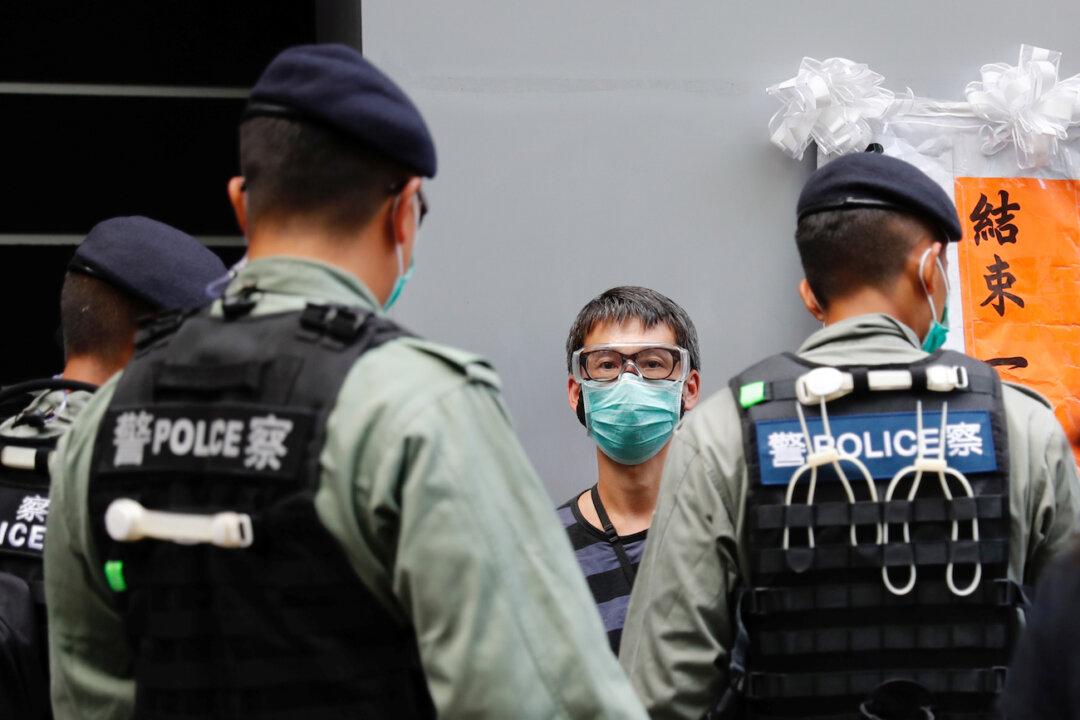A bipartisan group of U.S. senators launched a bill on June 30 to grant refugee status to Hong Kong residents at risk of persecution by Beijing’s new national security law for participating in protests.
The legislation, named the “Hong Kong Safe Harbor Act,” was introduced Tuesday just hours after Hong Kong published the text of of Beijing’s national security law, which stipulates that offenders, if convicted of secession, subversion, terrorism, and collusion with foreign forces, could be imprisoned for life.





